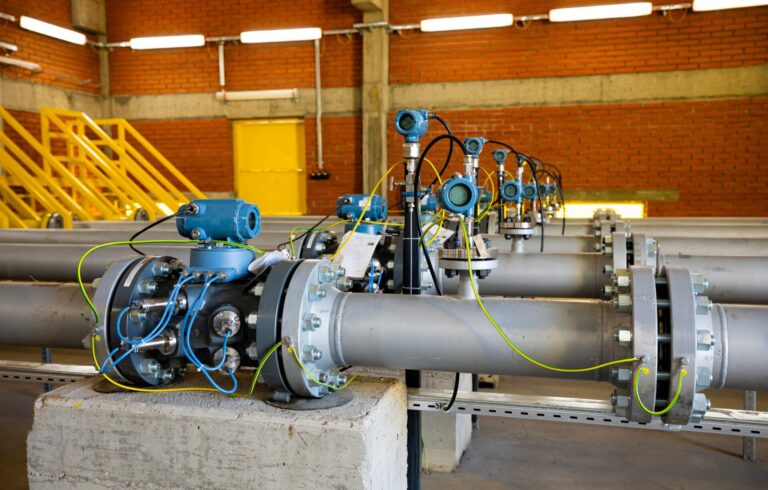The UK government has unveiled the British Industry Supercharger (BIS), a set of initiatives designed to reduce energy costs for key energy intensive industries such as manufacturers in steel, metals, and chemicals. This move aims to make British businesses more competitive on the global stage and safeguard hundreds of thousands of jobs.
Why the British Industry Supercharger?
What is the British Industry Supercharger?
-
Renewable Levy Relief
Businesses will receive a 100% exemption from the existing EII Renewable Levy, translating to a cost reduction of around £5 per megawatt hour (MWh).
-
Capacity Market Charges Exemption
Energy intensive industries will be completely exempt from the costs associated with the UK Capacity Market, resulting in another estimated £5/MWh saving.
-
Network Charging Cost Compensation (planned):
This scheme, currently under development, is expected to further reduce electricity costs by £10/MWh by compensating businesses for a portion of the grid usage charges.
The Benefits of the British Industry Supercharger
-
Cost Savings
The initiative is expected to deliver annual savings of £320 million to £410 million for these energy intensive industries by 2025.
-
Enhanced Competitiveness
Lower energy costs will make British businesses more competitive in the international market, attracting investment and boosting exports.
-
Secured Jobs
The initiative aims to prevent job losses in these crucial sectors, safeguarding the livelihoods of approximately 400,000 skilled workers.
-
Sustainable Growth
By supporting these energy intensive industries, the UK government is taking a step towards a more sustainable future, as some of these sectors, like steel production, are actively working to decarbonise their operations.
The Road Ahead For Energy Intensive Industries
The British Industry Supercharger is a significant step towards strengthening the UK’s industrial base. While the Network Charging Compensation Scheme is still under development, the initial measures offer a much-needed boost to key sectors. As these industries thrive under reduced energy costs, the UK economy can expect to reap the benefits of increased competitiveness, job security, and sustainable growth.






